Palliative care after stroke
Stroke is an acute circulatory disorder that results in the death of a part of the brain. This is a serious disease that often entails severe consequences: paralysis, speech and swallowing disorders, memory loss, cognitive impairment, chronic pain

specialists

equipment

treatment

For many patients and their families, a stroke becomes a turning point, after which life changes dramatically. When the restoration of lost functions is impossible or extremely limited, and the main treatment is no longer able to change the prognosis, maintaining the highest possible quality of life comes to the fore. This is where palliative care becomes indispensable.
During such a difficult period, you and your loved one will not be left alone with the problem. The multidisciplinary clinic "K+31" in Moscow offers professional and sensitive palliative care after a stroke. Our multidisciplinary team of doctors, nurses, psychologists and rehabilitation specialists is ready to take care of the patient, providing comprehensive symptom relief, psychological support for the family and the organization of comfortable care at home, in the conditions of our department or in the hospice. We help to improve the quality of life when it is most important.
What does palliative care for stroke include?
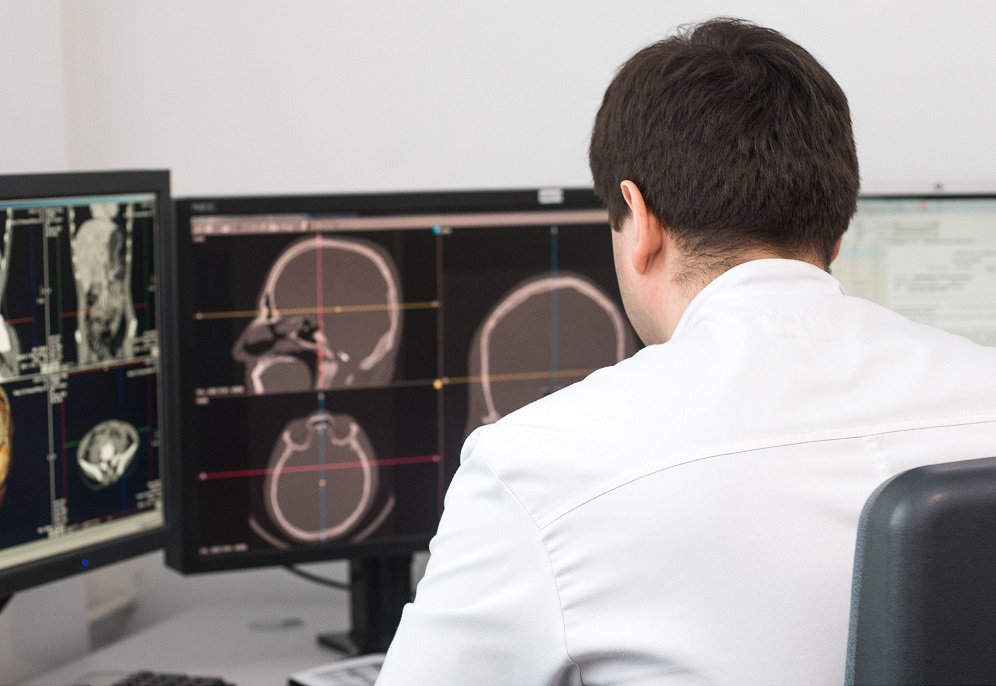
Palliative care after a stroke is aimed at solving a wide range of problems. Primary attention is paid to combating physical suffering - effective pain relief and symptom relief. With competent organization of palliative care, doctors successfully relieve shortness of breath, nausea, vomiting, convulsions, effectively manage painful muscle spasticity, prevent and treat bedsores. Particular attention is paid to the correction of swallowing disorders (dysphagia) for safe nutrition and prevention of aspiration pneumonia, as well as control over urinary and fecal incontinence, which is critically important for the comfort and dignity of the patient.
Comprehensive psychological and emotional support is no less important. Stroke and its consequences are a deep psychological trauma. Our psychologists and psychotherapists help the patient cope with depression, anxiety, fear, apathy, anger or guilt that have arisen due to a changed state and loss of independence. Support for relatives experiencing colossal stress is no less important. We teach them the skills of effective communication with a seriously ill person, provide psychological assistance in overcoming burnout and grief, and help find resources to continue life in new conditions.

Another area of palliative care after a stroke is rehabilitation. Even when full recovery is impossible, specialists strive to preserve existing functions and prevent deterioration of the patient's condition. Palliative rehabilitation involves individually selected sets of passive and active therapeutic exercises to prevent joint contractures, pulmonary congestion and bedsores. Doctors also select the necessary technical rehabilitation equipment (special wheelchairs, functional beds, anti-bedsore systems, walkers), and also teach relatives safe and effective techniques for moving the patient.
The basis for a decent quality of life is ensuring cleanliness, preventing complications and creating physical comfort. Nurses provide professional care: regular body hygiene (baths, rubdowns), prevention and treatment of bedsores (dressings, use of special products), stoma care (if any), bladder catheterization, feeding (including tube feeding). Specialists teach relatives the rules of hygienic care at home, provide consultations on the use of care products (diapers, absorbent underwear, skin care products).
Our doctors

This award is given to clinics with the highest ratings according to user ratings, a large number of requests from this site, and in the absence of critical violations.

This award is given to clinics with the highest ratings according to user ratings. It means that the place is known, loved, and definitely worth visiting.

The ProDoctors portal collected 500 thousand reviews, compiled a rating of doctors based on them and awarded the best. We are proud that our doctors are among those awarded.
Make an appointment at a convenient time on the nearest date
Other services







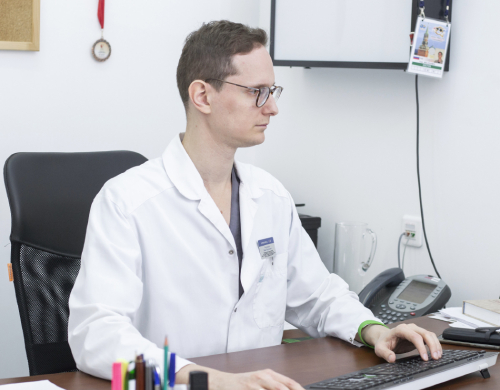

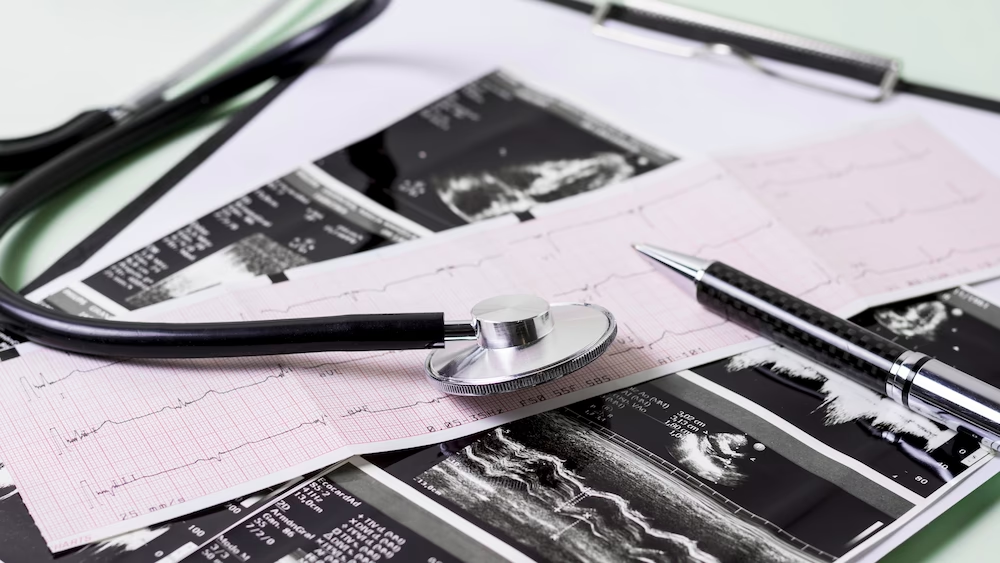
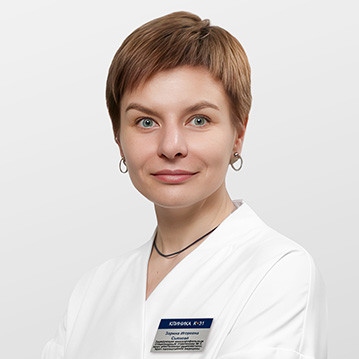
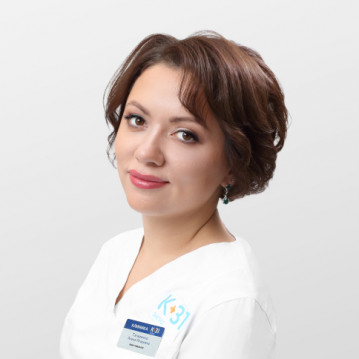
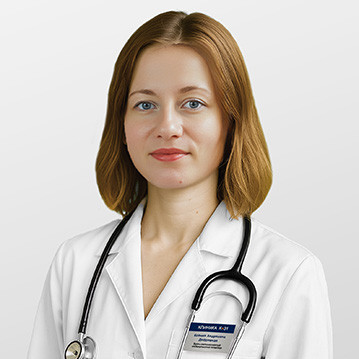
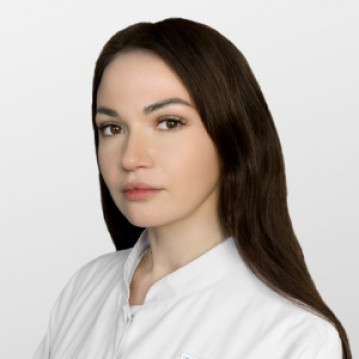
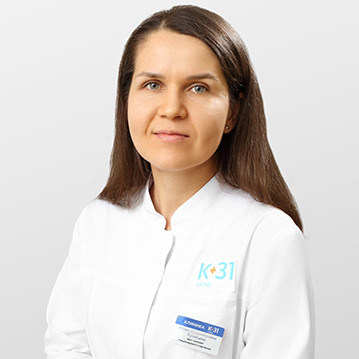






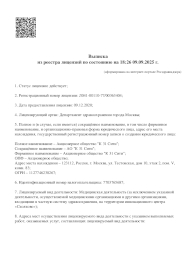
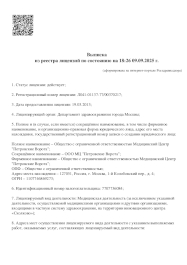
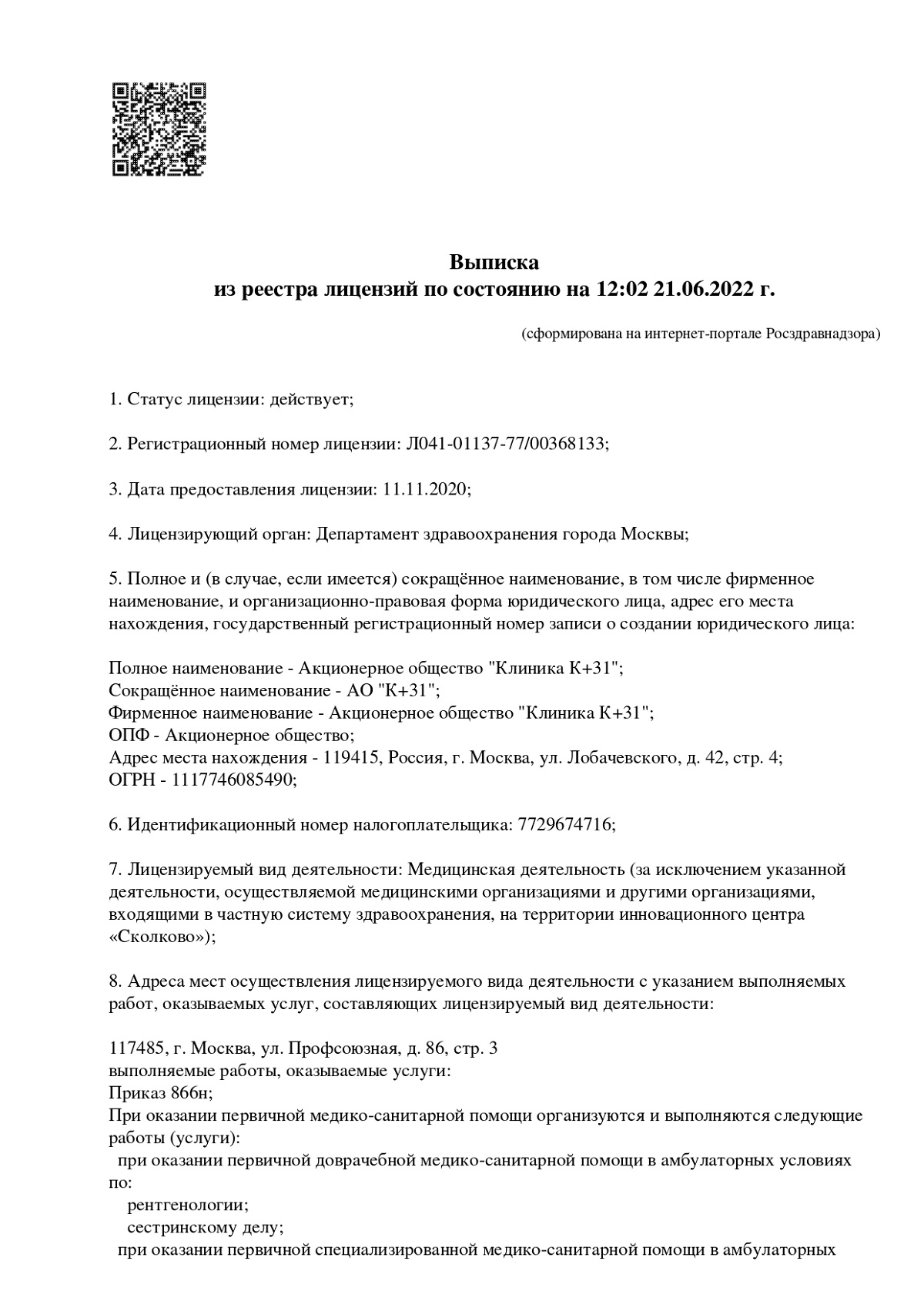
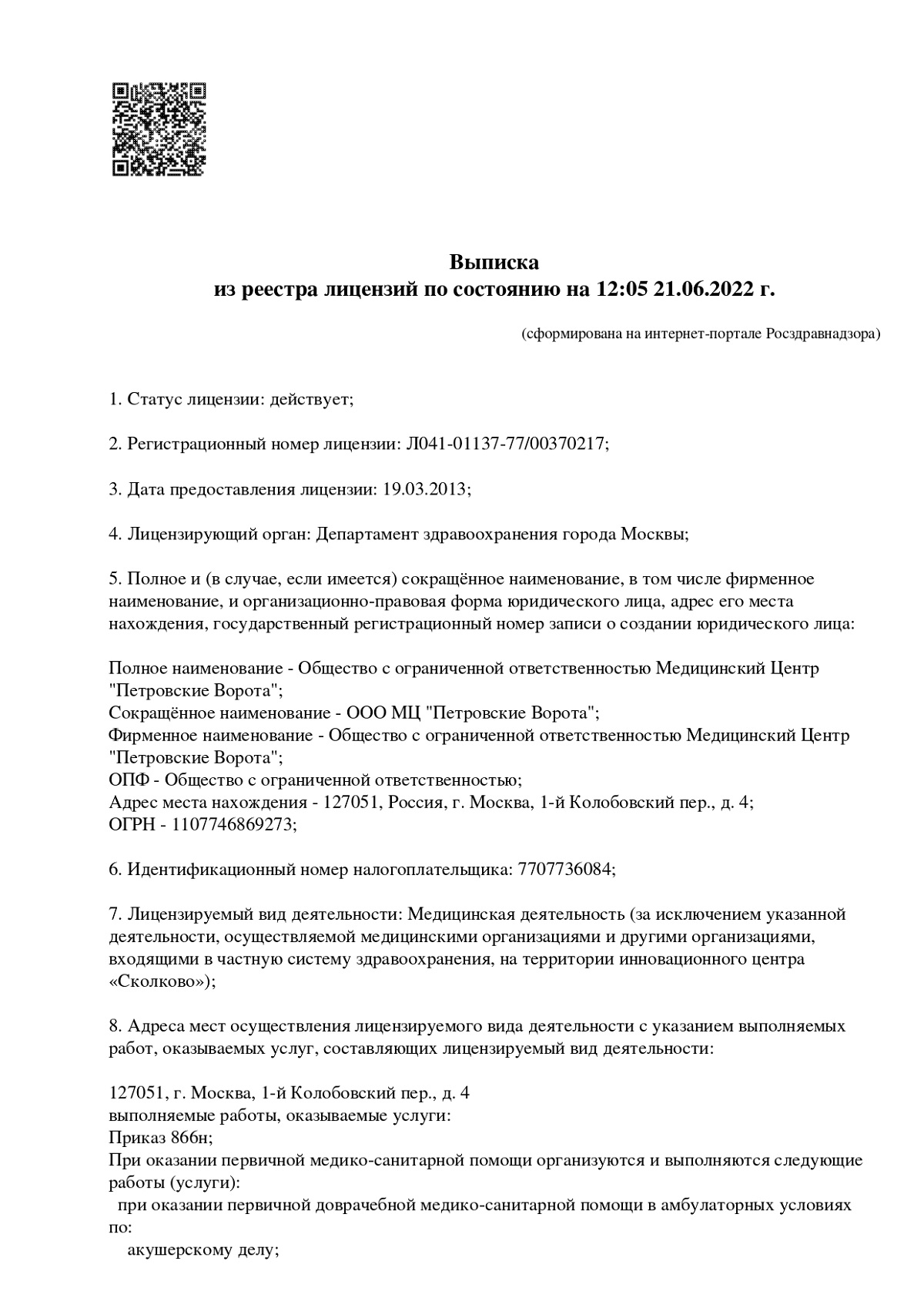
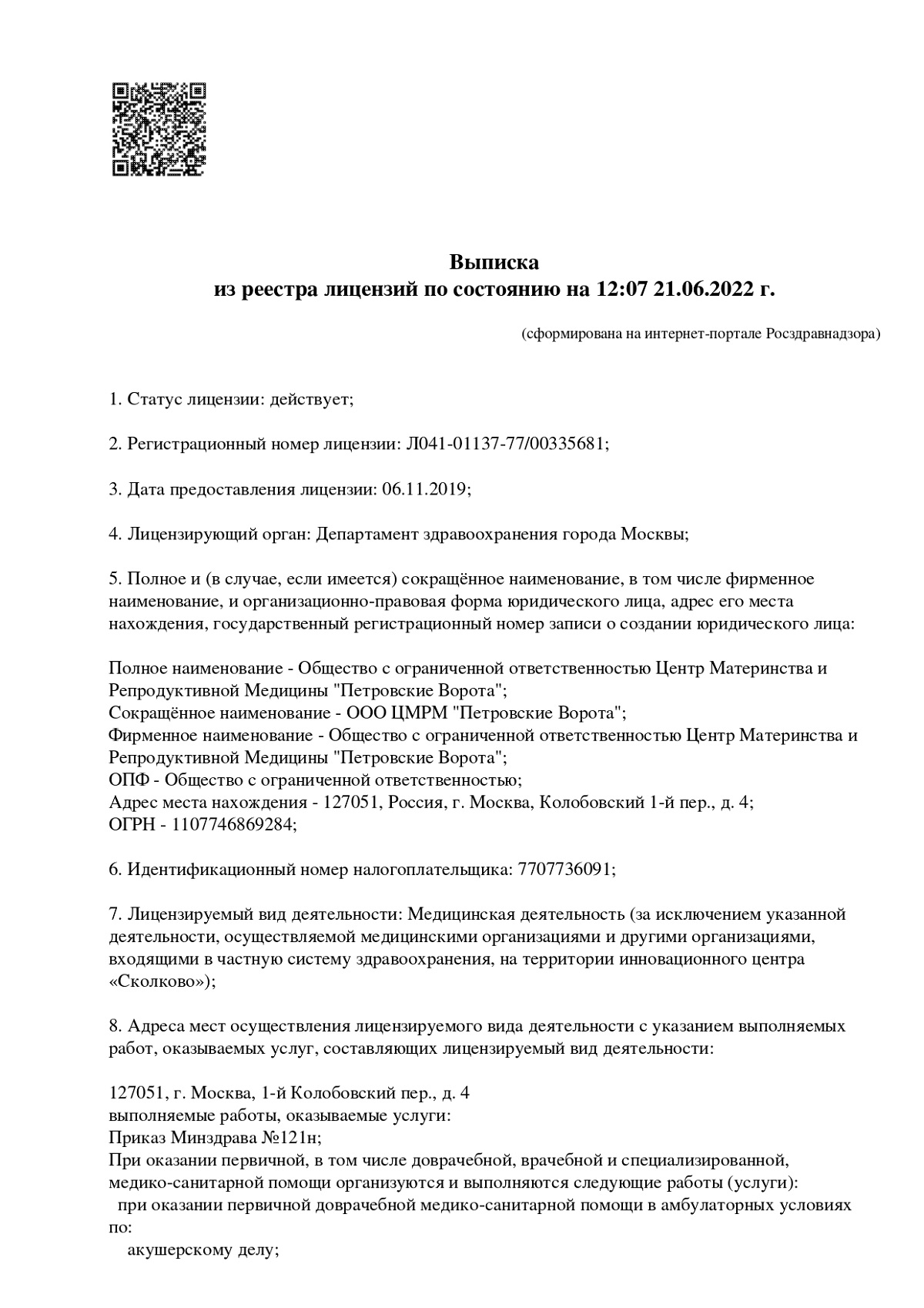
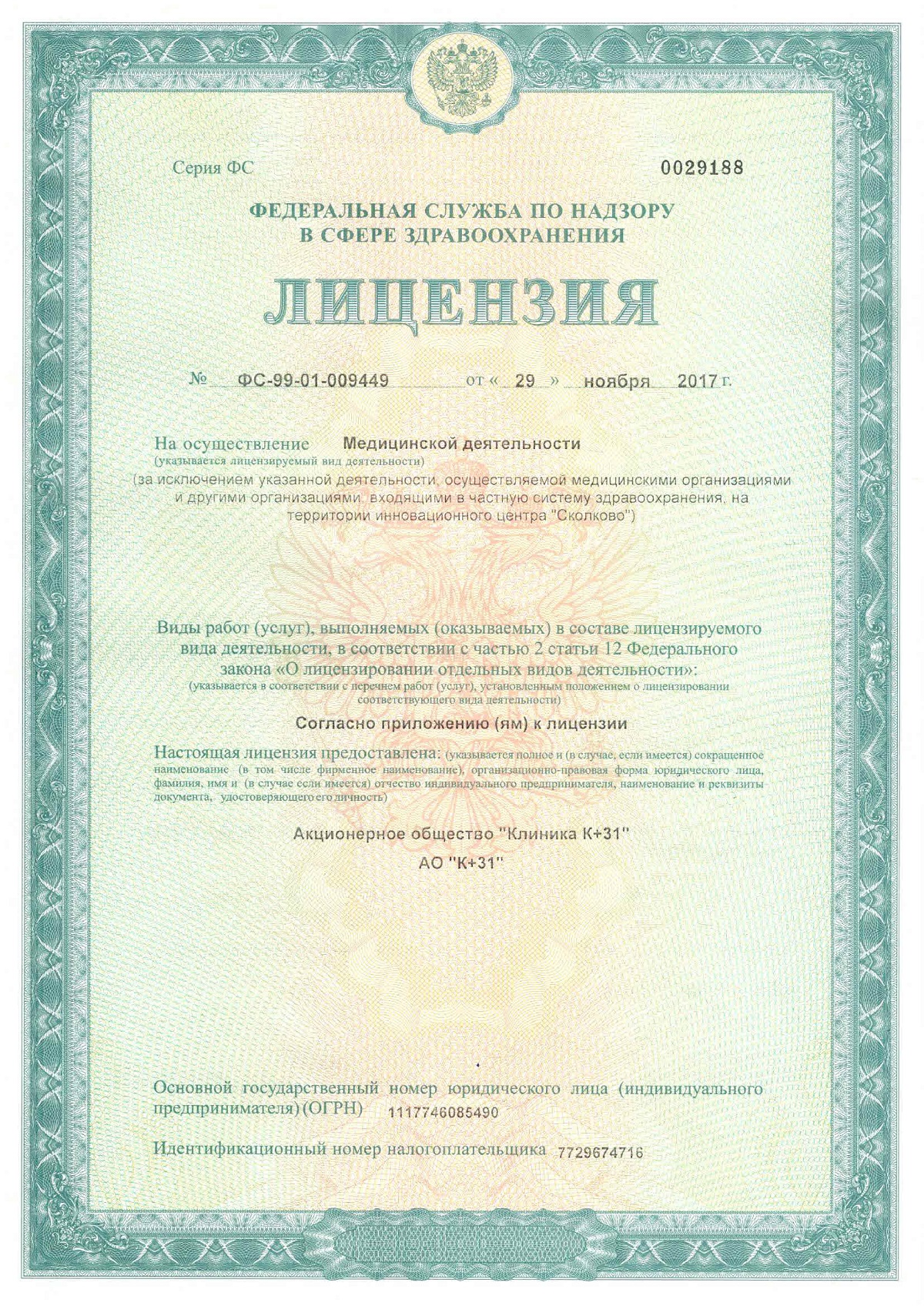
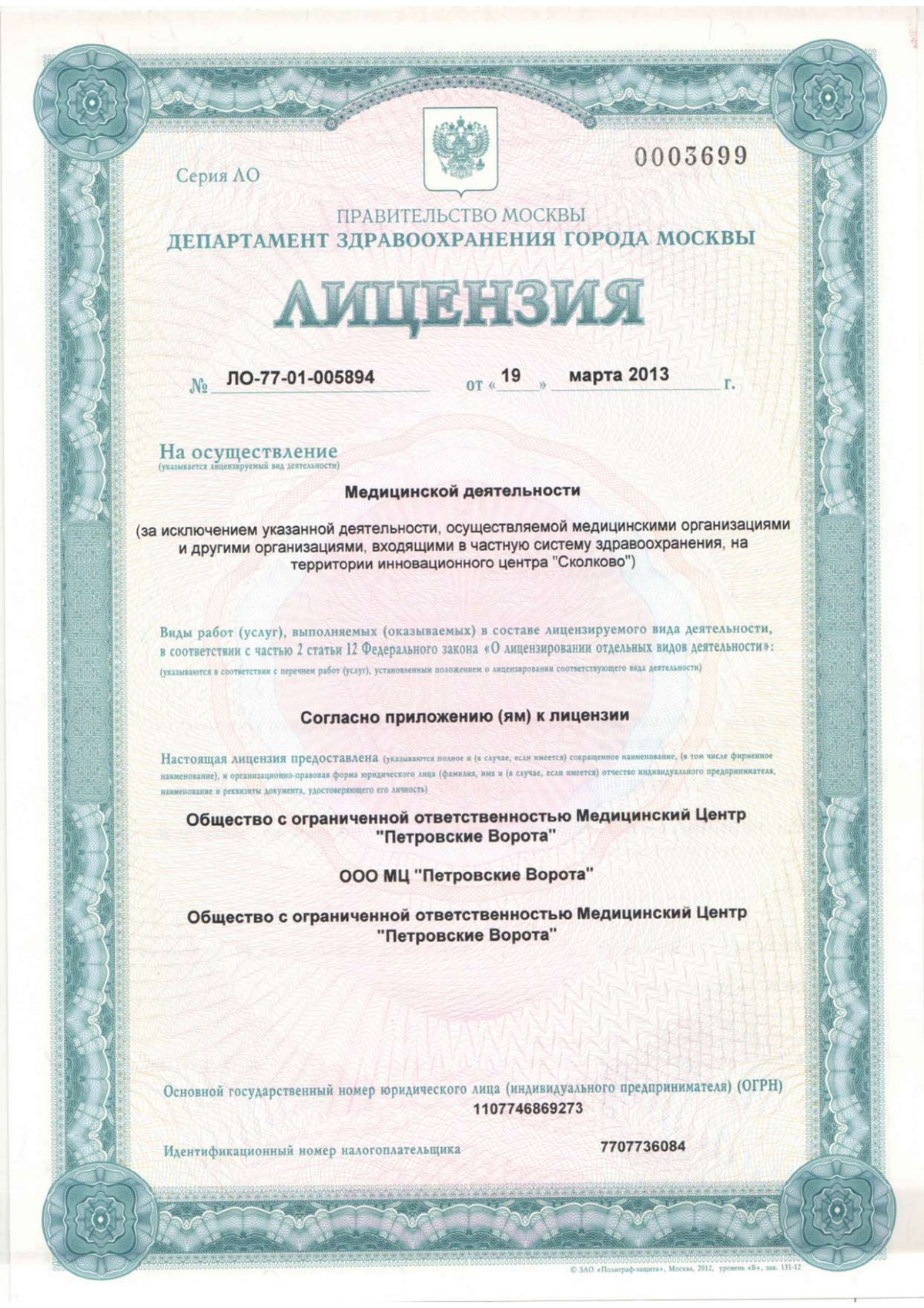
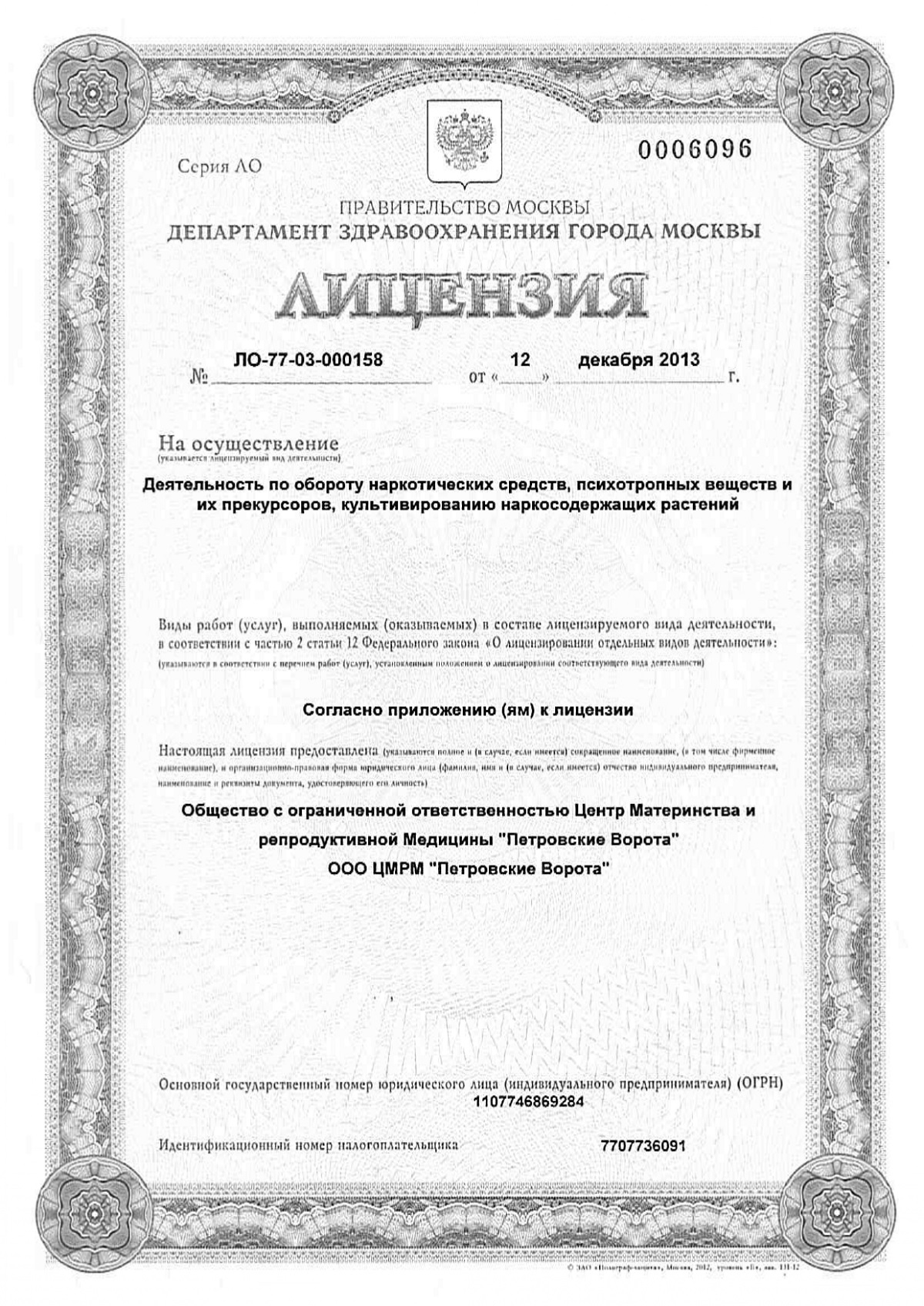
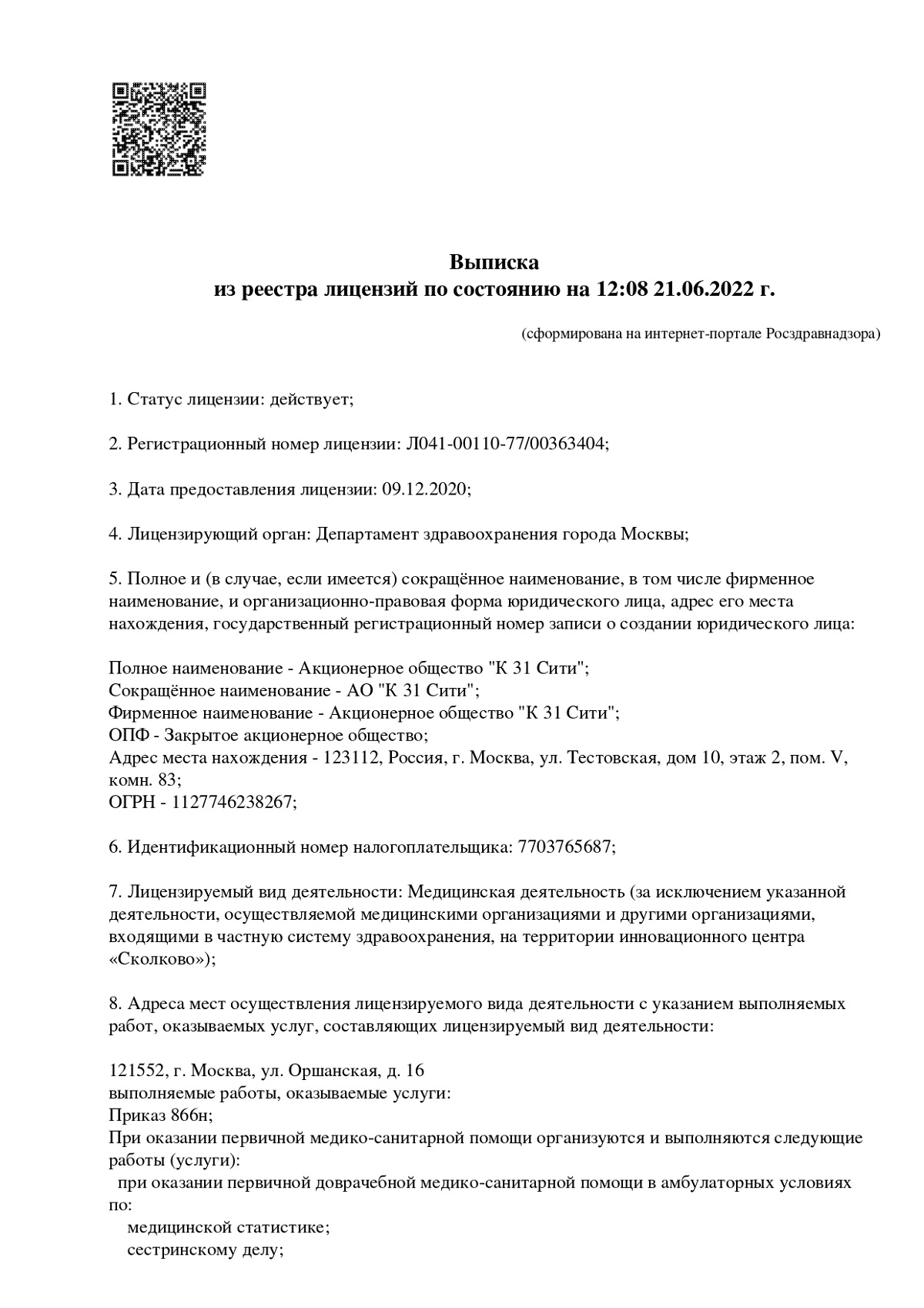
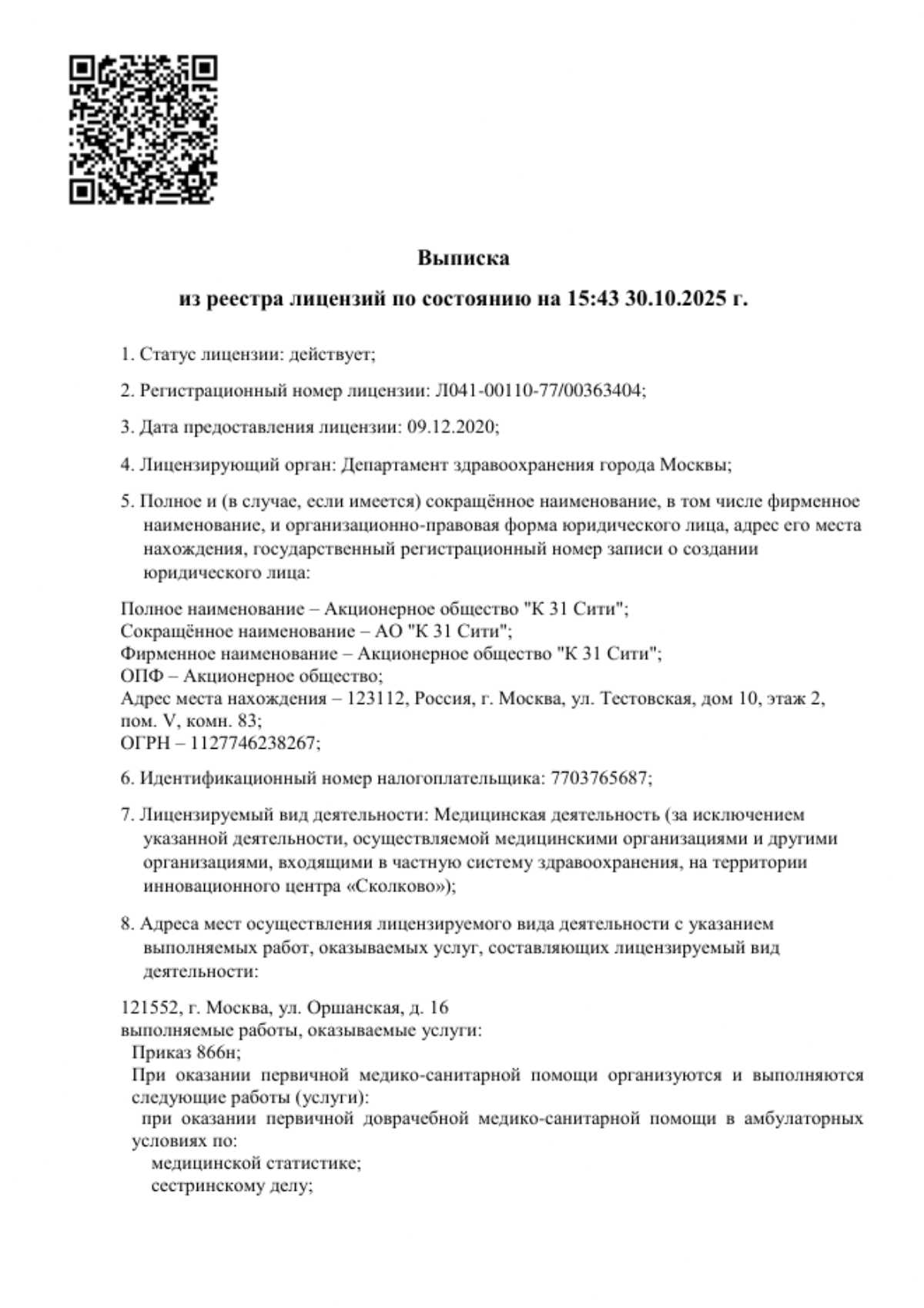
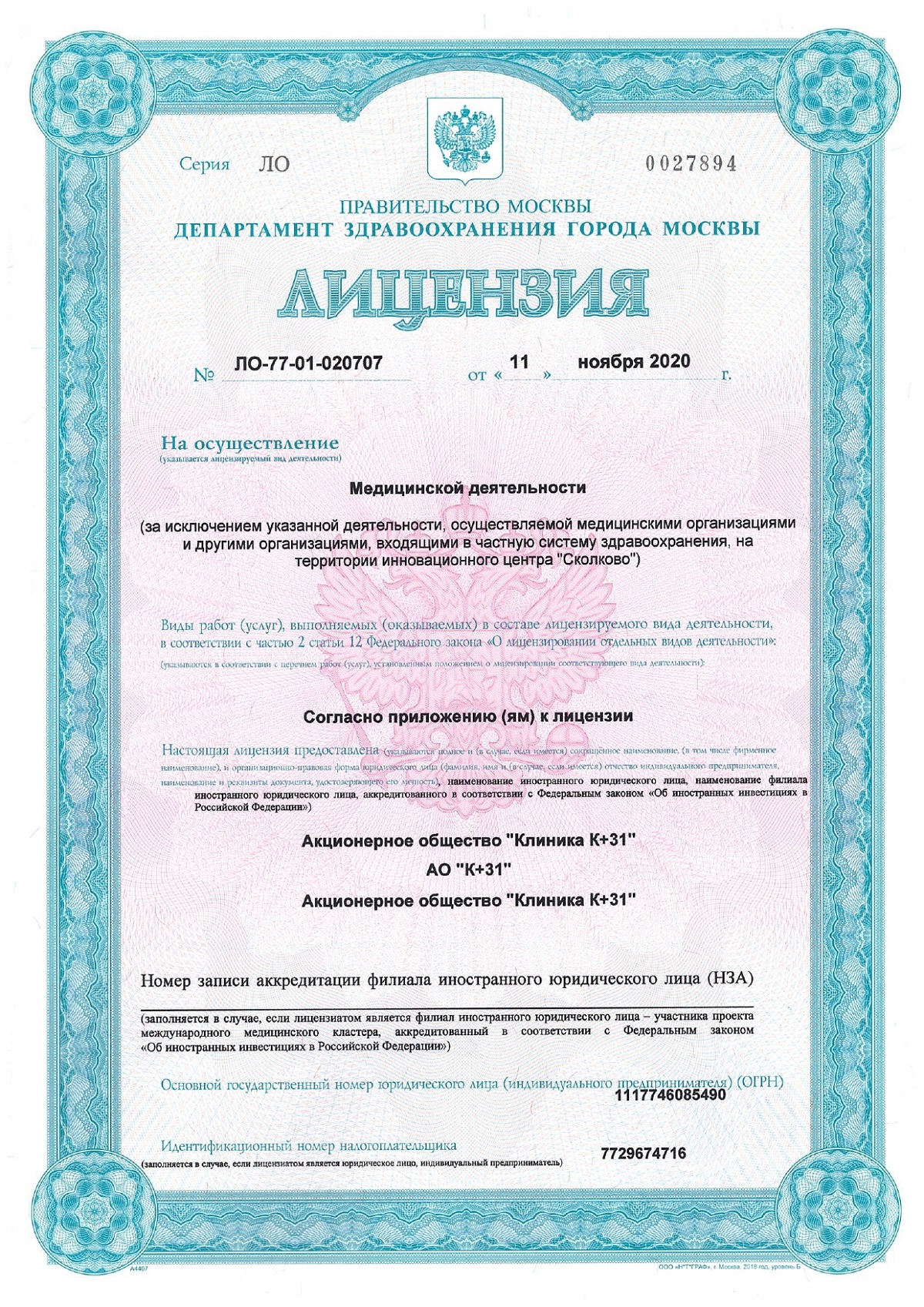
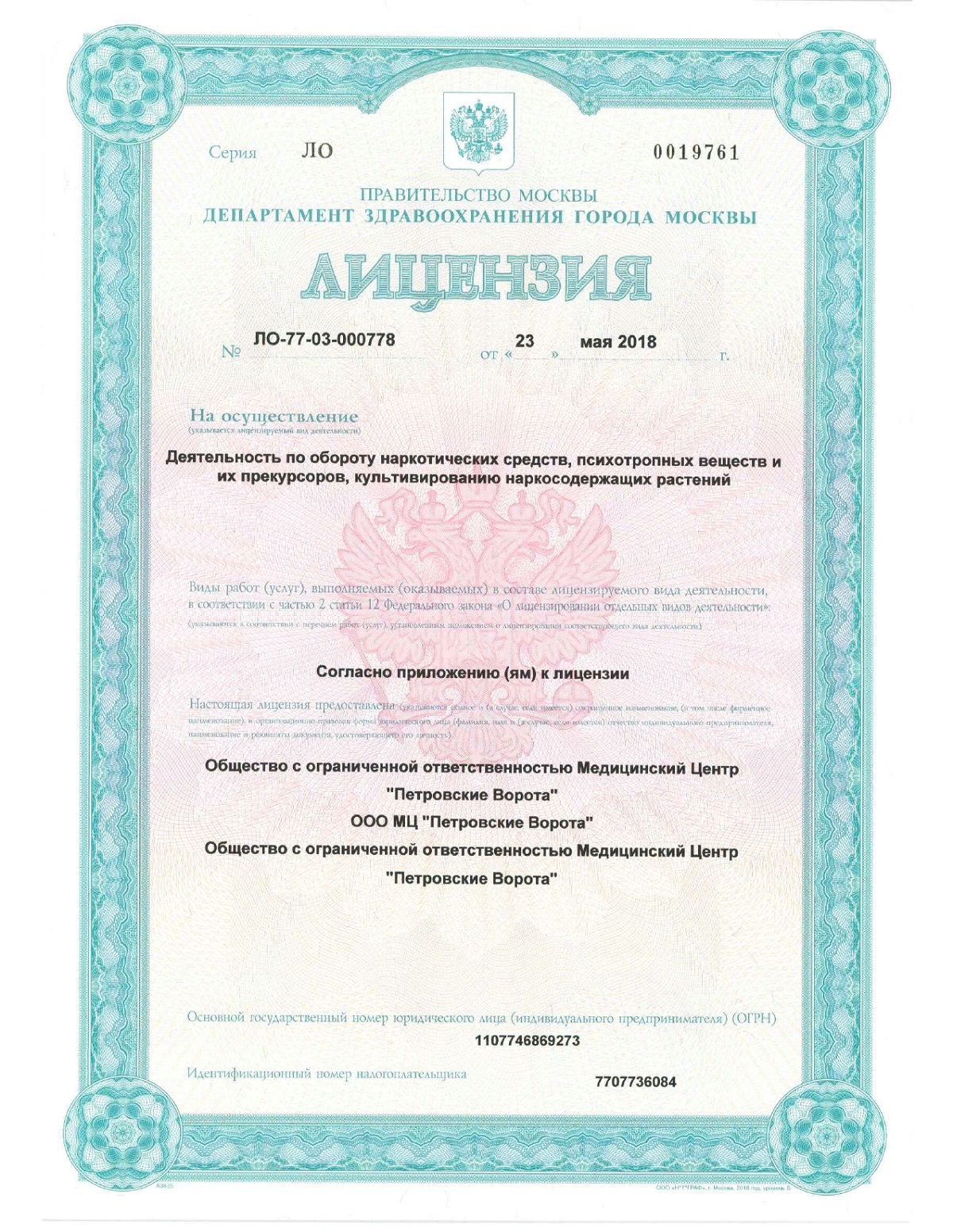
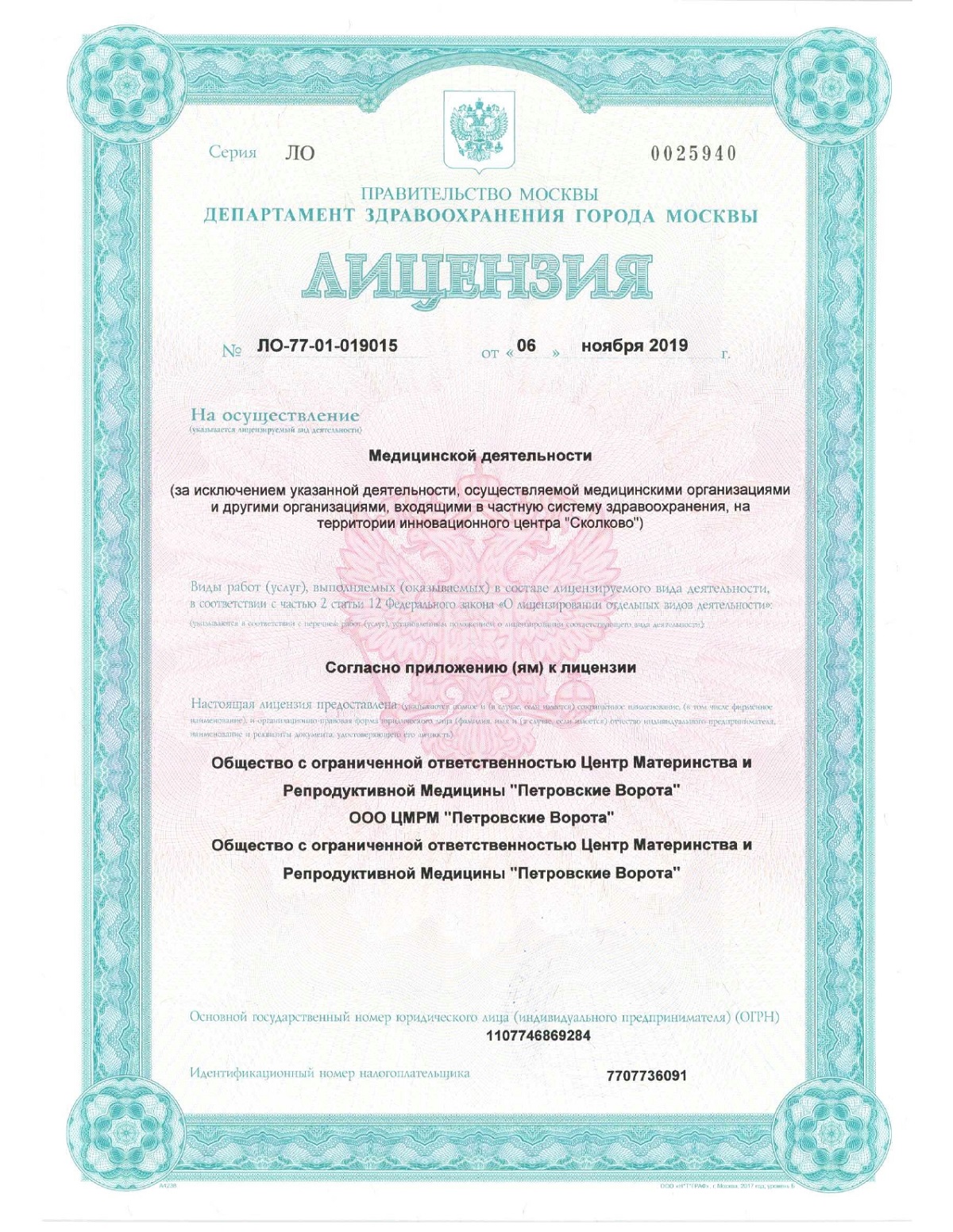
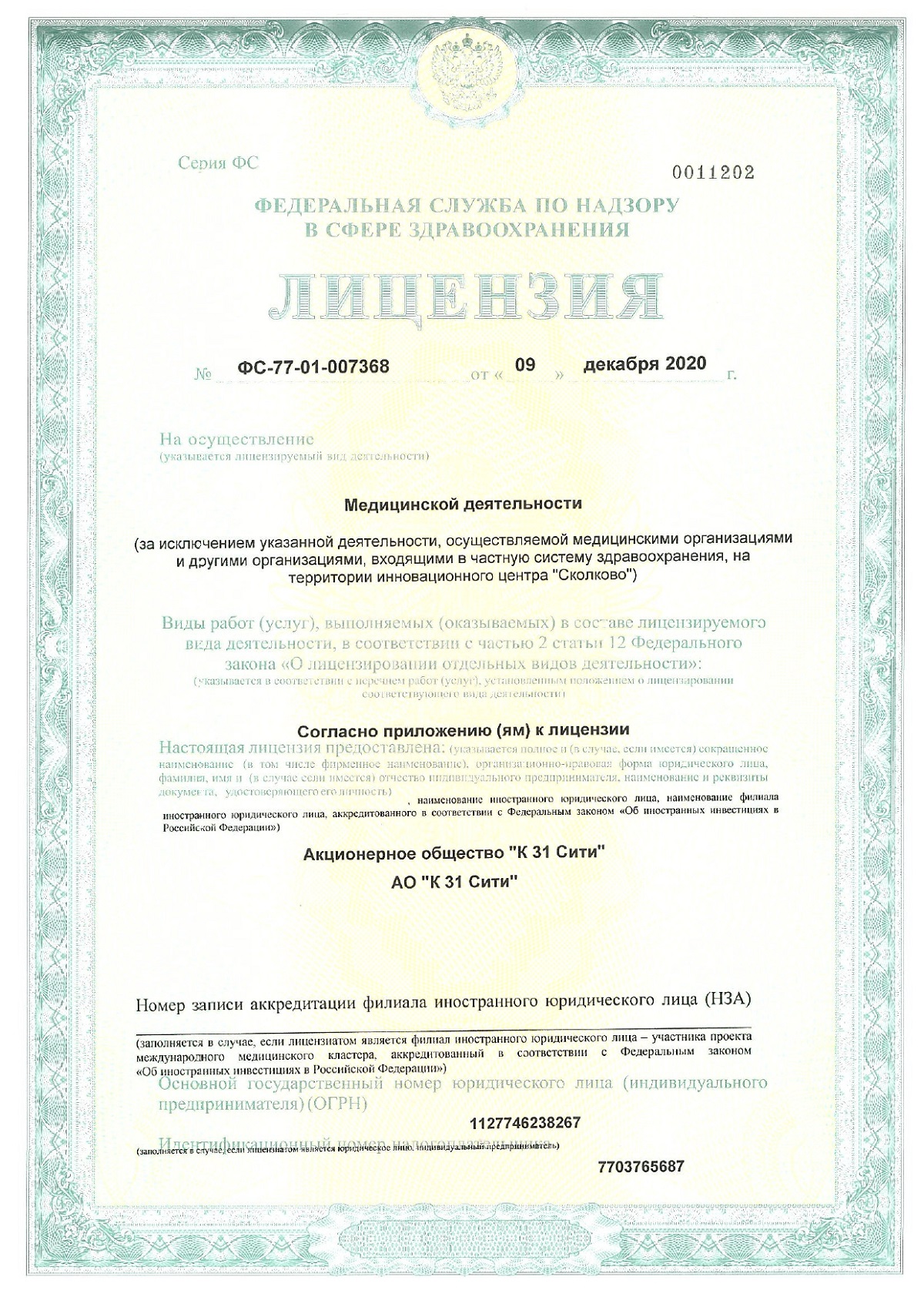



When is palliative care needed after a stroke?
Palliative care after a stroke is not a refusal of treatment, but a change in its priorities. It is aimed not at fighting the disease itself, but at alleviating suffering, stopping unpleasant symptoms and providing comprehensive support to the patient and his relatives. It is necessary in the following situations:
The key criterion is a focus on the patient's quality of life in a severe, life-limiting condition after a stroke.